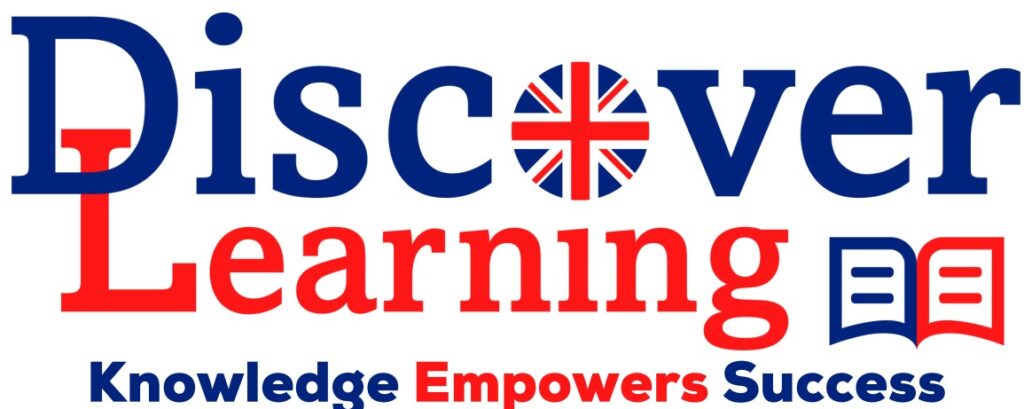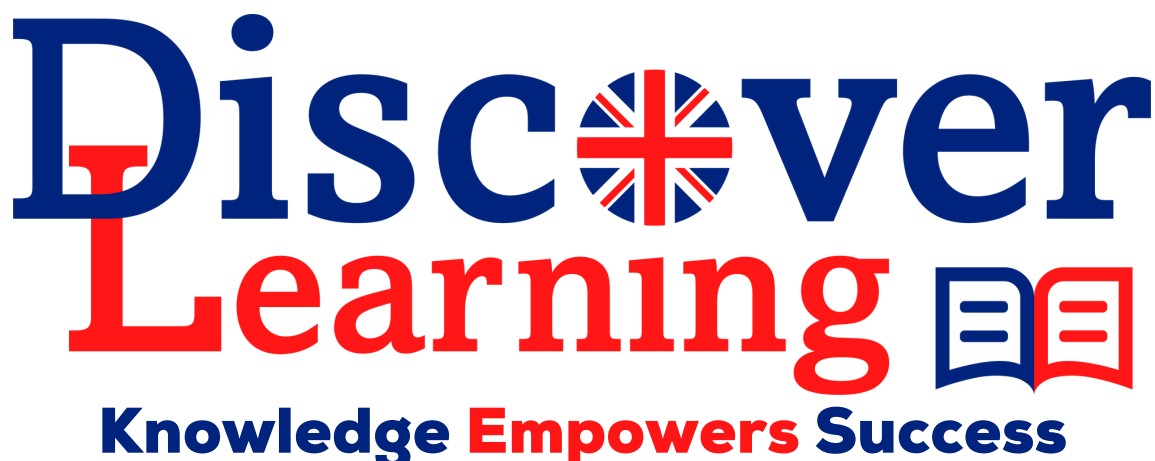Introduction:
The Programme for International Student Assessment (PISA) stands as a critical tool, globally assessing 15-year-old students in diverse subjects, including mathematics, reading, science, and creative thinking. PISA provides essential benchmarks for education systems, aiding in the identification of strengths and areas for improvement. This article explores the significance of PISA scores, particularly in the context of science education, and delves into the specific case of the United Arab Emirates (UAE) in the PISA 2022 survey.
The Relevance of PISA Scores:
PISA scores serve as invaluable indicators, offering insights into the strengths and weaknesses of science education systems worldwide. A robust performance in PISA science has been correlated with positive outcomes for students, such as higher educational attainment, improved employment rates, and enhanced economic prosperity. This emphasizes the pivotal role of science education in equipping students with the necessary skills and knowledge for success in an interconnected world.
Additionally, PISA data empowers policymakers globally by furnishing evidence of the effectiveness of various education policies and guiding resource allocation. It also aids in identifying disparities in science performance among different student groups, fostering a more inclusive and equitable science education.
The UAE’s Performance in PISA 2022 Science Assessment:
In the 2022 PISA assessment, the UAE ranked among the 40th participating countries, with students achieving a science score of 432. While the average score in mathematics, reading, and science was below the OECD average, the results offer valuable insights into the UAE’s educational landscape.

Of the 24,600 students from 840 schools who participated in the science assessment, 55% attained Level 2 or higher. These students demonstrated the ability to recognize correct explanations for familiar scientific phenomena and apply such knowledge to identify valid conclusions based on provided data. Moreover, 4% of students excelled as top performers at Level 5 or 6, showcasing their creative application of scientific knowledge in diverse situations.
Considering socio-economic factors, advantaged students in the UAE outperformed disadvantaged students by 68 score points in mathematics, indicating a comparatively balanced educational scenario. However, challenges persisted, with the gap between the highest and lowest-scoring students widening in reading and science from 2018 to 2022. The proportion of students scoring below the baseline proficiency level (Level 2) in science increased by nine percentage points compared to 2012, highlighting areas for targeted interventions.
Challenges and Opportunities:
While the UAE’s achievements are commendable, addressing widening disparities and enhancing overall science education remain imperative. Policymakers can leverage PISA insights to implement targeted interventions and policies that bridge the educational divide.
Conclusion:
As we reflect on the PISA 2022 results, it becomes evident that the journey towards excellence in science education requires a comprehensive approach. Linking these findings to the local context, private tutoring and Discover Learning in Motor City, UAE, can offer tailored support to bridge learning gaps and enhance the overall educational experience of students. Embracing innovative learning approaches can further complement traditional classroom settings, fostering a dynamic and enriching educational environment. By synergizing PISA insights with localized strategies, the UAE can chart a course towards a more inclusive, equitable, and successful science education landscape for its students.
To read our more informative blogs Click Here.

